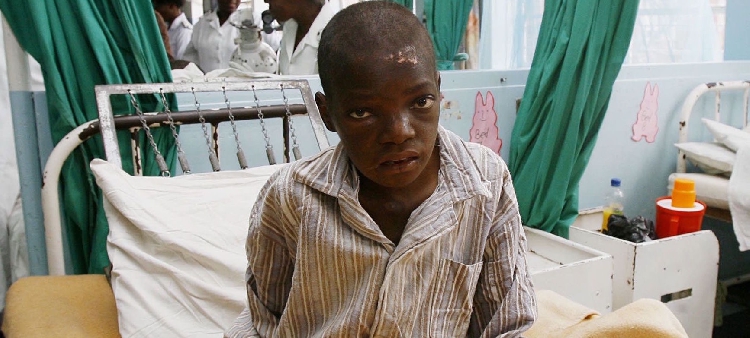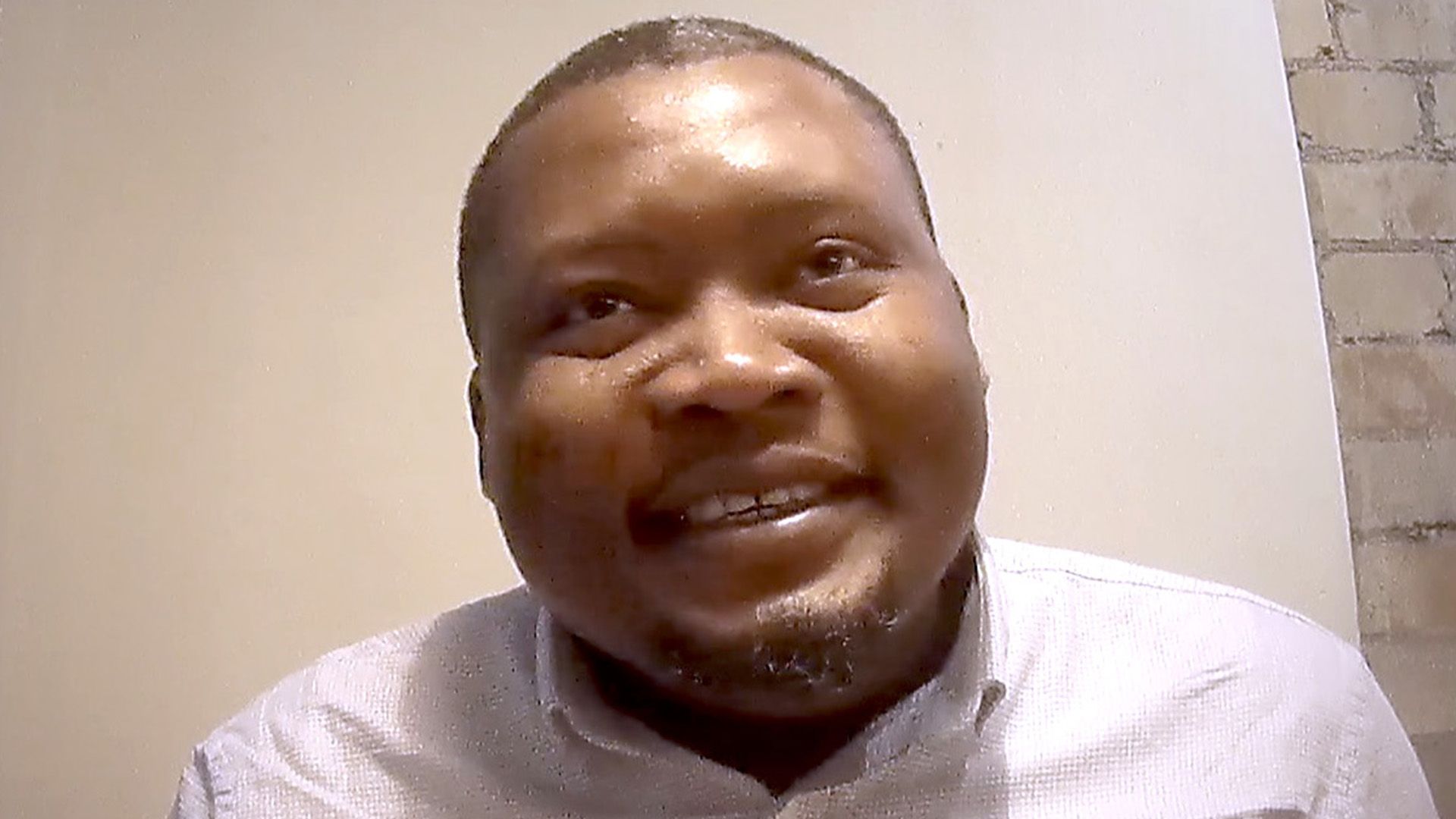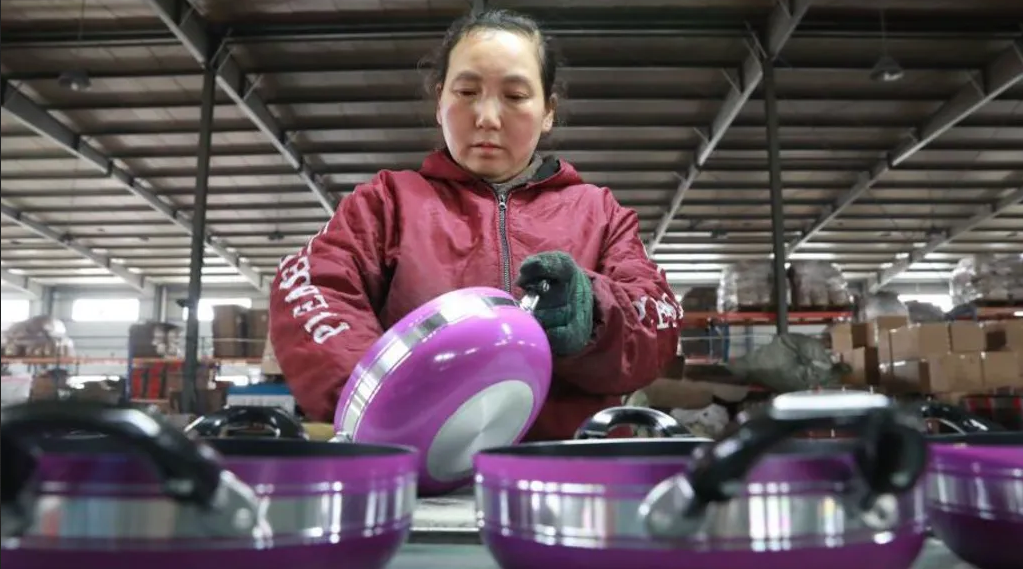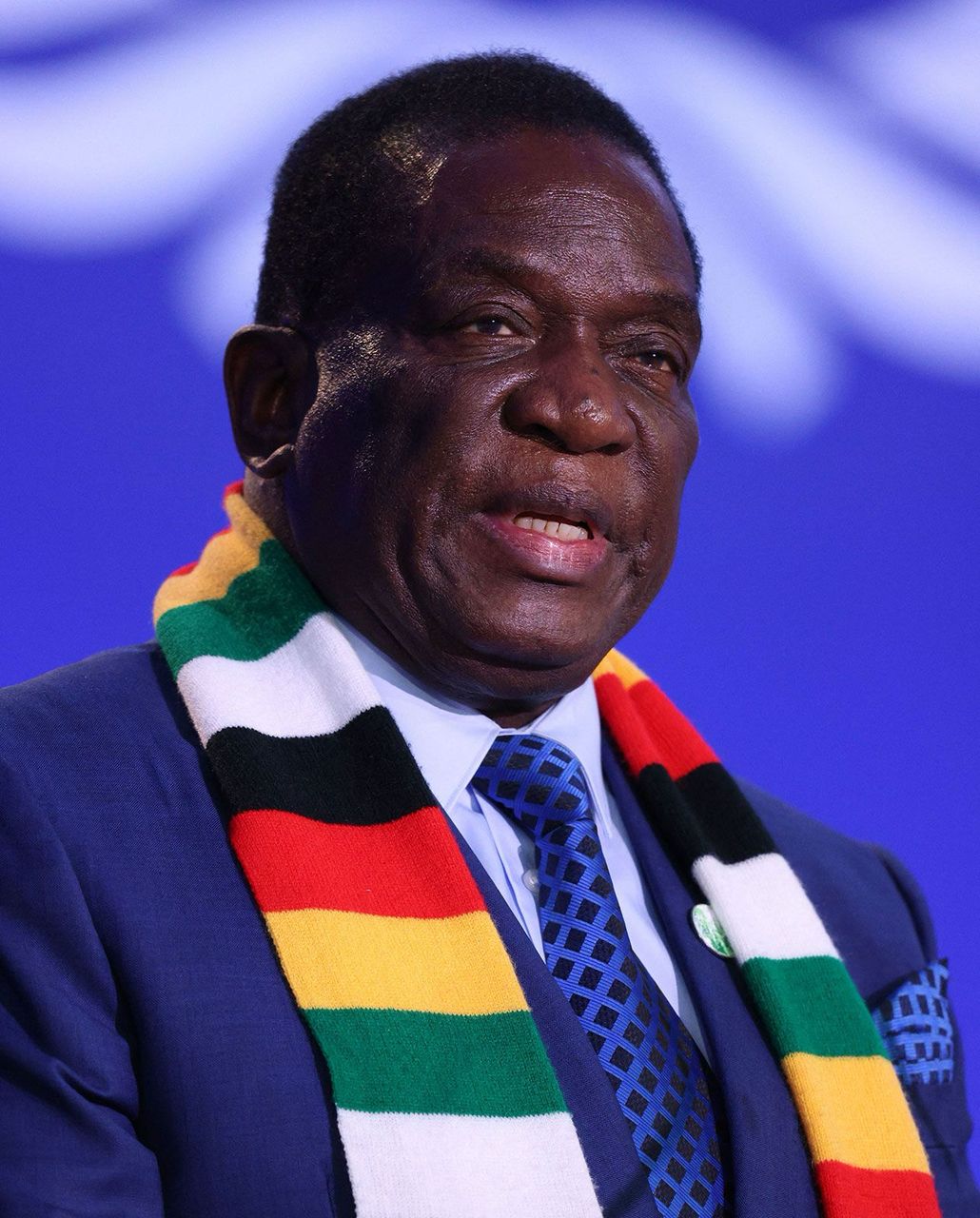HARARE – Hundreds of patients endured long hours waiting in casualty units at Zimbabwe’s state hospitals on Saturday due to a crippling strike by doctors seeking higher allowances and better working conditions.
Zimbabwe had one of Africa’s best healthcare systems, but a brain drain following a plunge into economic crisis and hyper-inflation has wreaked all-round havoc, including on the medical sector.
“There are practically no doctors at most hospitals,” Edgar Munatsi, president of the Hospital Doctors’ Association told AFP.
“It is a sad situation, but unfortunately there has been little movement on the part of the government to address our grievances.”
The doctors are demanding that call allowances be raised to a minimum of US$10 per hour, up from the current US$1,20, and that government guarantees jobs for junior doctors after internship or allow junior doctors who cannot find jobs to start private practice, Munatsi said.
They also want permission to import cars duty-free.
Munatsi said his association comprises mostly junior doctors, but their senior counterparts were joining the job boycott.
An AFP correspondent saw scores of patients, some visibly in pain, waiting in corridors and on the grounds of Parirenyatwa, Zimbabwe’s main state hospital, after being told there were few doctors.
“I came here early this morning hoping to be examined by a doctor, but I have been told there is no one to assist,” said Salima Musambi, a 32-year-old pregnant woman, as she made her way to get a lift back home.
Parirenyatwa Hospital on Friday announced that it was “closing the paediatric casualty department immediately, in line with contingency plans”.
At United Bulawayo and Mpilo hospitals in the second largest city Bulawayo, only senior doctors were attending to patients.
“The junior doctors have been on strike since Wednesday, and this puts huge pressure on the available few senior doctors,” a member of staff at United Bulawayo Hospitals told AFP on condition of anonymity.
“The senior doctors are likely to join the strike on Monday (today).”
ZANU-PF REGIME
No official from the health ministry was available for comment.
The main opposition Movement for Democratic Change deplored the government’s failure to address the doctors’ grievances.
“At a time president Robert Mugabe and members of his inner circle travel to Singapore, India and other such faraway places seeking their personal medical treatment, the Zanu-PF regime shows complete disregard for the plight of our striking doctors,” the party said in a statement. –
Stay informed with The Namibian – your source for credible journalism. Get in-depth reporting and opinions for
only N$85 a month. Invest in journalism, invest in democracy –
Subscribe Now!










